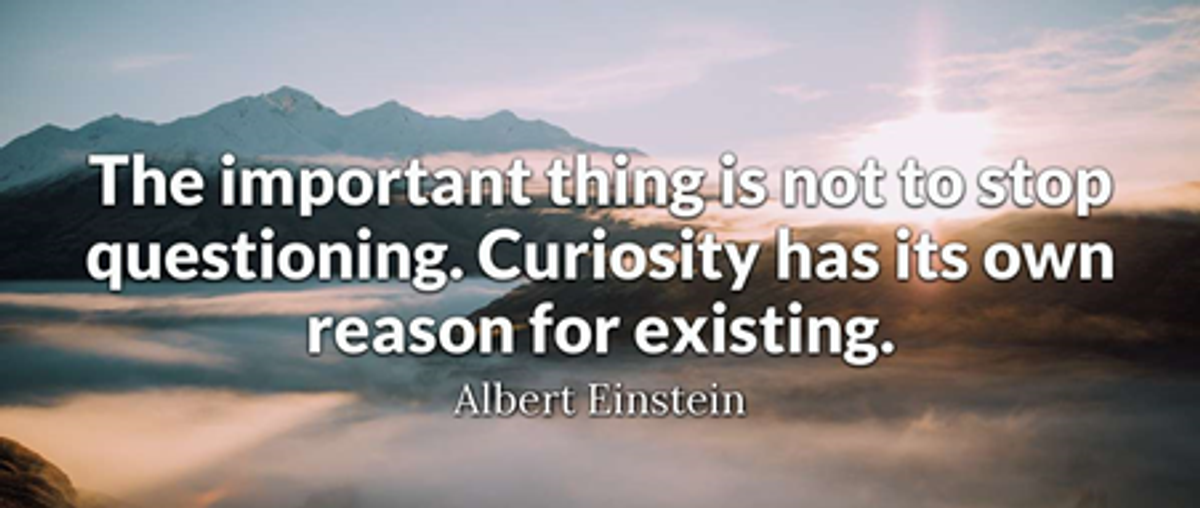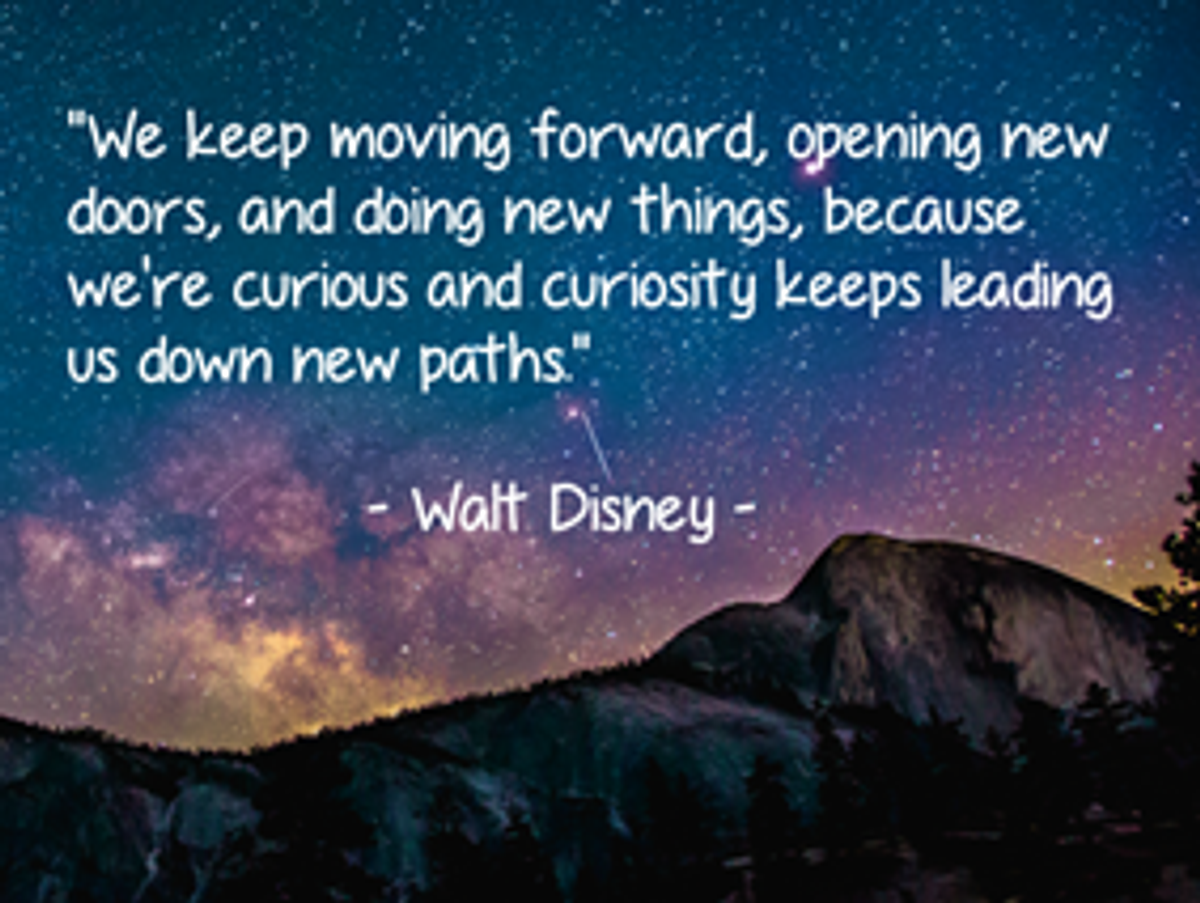CURIOSITY - IGNITING THE SPARK

Curiosity allows us to better understand the world around us. It helps children be more observant and to think about things more deeply and try to figure them out. When children explore their curiosity, they expand their vocabulary as they use language to describe what they’re thinking, seeing, hearing, or experiencing. You can help your child’s growth by supporting his/her curiosity.
You can nurture your child’s curiosity by:
- Providing them with opportunities to explore and observe the world around them
- Allowing them to engage in unstructured play to encourage and nurture your child’s sense of discovery. By providing your child with time to play, you are allowing them to use and practice their curiosity and imagination
- Being involved in their questions, and ask them questions regarding their wonderings. This will encourage them to think further
- Answer questions simply and clearly. However, no matter the age, always ask your child first what their thoughts are before answering.
- Use open-ended questions.Use who, what, when, where, why and how to stimulate your child’s curiosity
- Allowing your child to learn more about what they're naturally drawn to. This innate sense of inquisitiveness is what makes us human, and upon the discovery of new information we have the unique ability to then make associations between totally unrelated concepts and ideas
- Wonder aloud. When we say out loud, “I wonder why...?" we are modelling what it means to be curious
- Exposing your child to different ethnic cultures, as this can open up their minds and broaden their acceptance of cultures that are not similar to their own
There are also many factors that can get in the way of your child’s curiosity, like too much screen time or over-scheduling of activities. If you do not allow some time for unstructured play, you may be inhibiting your child’s imagination.
ERPs
As we approach Easter, we have had interesting conversations around our family traditions and celebrations. Mia and Stella G. discussed Greek Easter which is celebrated in May.
Such a conversation also allowed students to reflect on how as a multicultural society, Australia is made up of different religions. We discussed that, regardless of your personal beliefs and in order to promote harmony, it requires us to develop awareness, empathy, understanding, tolerance, acceptance and respect for others' beliefs and traditions. It is about embracing such diversity.
Through recognising different beliefs, people build a stronger sense of identity and wellbeing, and have better education and career outcomes when their diverse strengths, abilities, interests and perspectives are understood and supported.
It is important to value diversity because it allows people to build a stronger sense of identity and wellbeing; bringing their strengths, abilities, interests and perspectives to our society, making it all the more richer.
Aboriginal and Torres Strait Islander cultures are very different with their own unique histories, beliefs and values. It is respectful to recognise their separate identities.
The students will continue with their ERP research at the beginning of Term 2.


